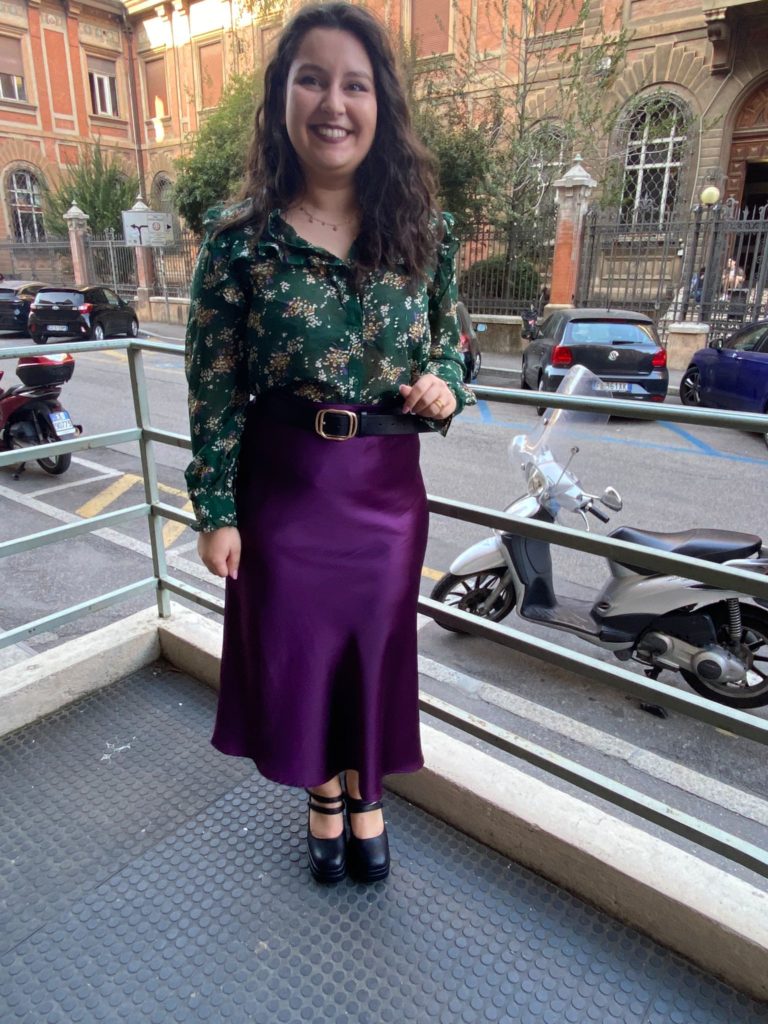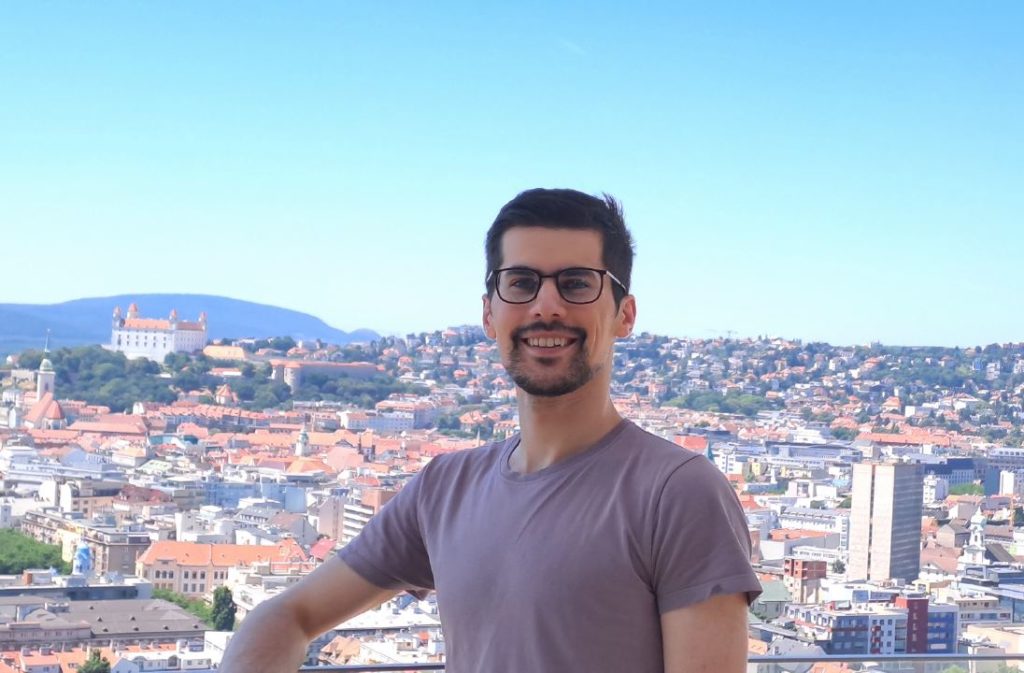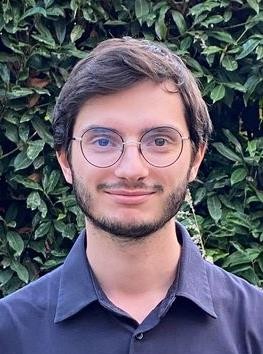AgriLoop has now been joined by four early career researchers who bring fresh expertise, enthusiasm and insight to the consortium.
Find out how they are driven by their concern for the environment and because they see AgriLoop as an opportunity for their science to make a real, positive impact.
Making the most of proteins from agricultural waste: Giorgia Benati, University of Bologna, Italy

Giorgia’ research is looking at developing environmentally sustainable processes to extract proteins from crop residues – especially from tomato, barley, grapevine and legume wastes. Her next step is to find the best way to use them in high-value products.
In terms of personal research interests, Giorgia has always loved nature and appreciated what it has to offer, recognising that even what we often overlook as waste can hold hidden value. Giorgia is enthusiastic about actively contributing to the improvement of human well-being while also safeguarding our environment.
Giorgia feels the interesting aspect of the project lies in the collaboration of partners with various backgrounds, origin and expertise working towards a shared goal and have a role in pushing regulations and best practices to address matters such as food waste and pollution.
Micro-organisms in action: Martin Struck at the University of Ghent, Belgium

Martin is studying the ability of micro-organisms – such as bacteria or yeasts – to turn organic acids from agriculture and food waste into proteins and bioplastics and selecting the best candidates for a process that will work at commercial scale.
Martin’s personal research interests are seeing microorganisms in action. Be it removing contaminants from the environment, helping with biogas purification, or converting agricultural waste into proteins.
Working on the project, Martin finds the desired outcomes are practical such as using the bacterial biomass as fish feed or to produce bioplastics precursors. Moreover, connecting academic institutions and private companies makes for a good networking opportunity.
Innovation in extraction: Paul Sauvetes at the National Research Institute for Agriculture, food and Environment (INRAE), France

Paul will be investigating the use of innovative solvents to extract a series of compounds from agricultural residues. Chemicals such as lycopene, polyphenols and cutin will be extracted for use in a range of products, such as food or feed ingredients and biobased materials.
Paul’s personal interests are trying to find a new role for by-products in general, he feels like by-products in agronomy and industry are often underexploited. Creating value out of something that was considered a waste is a good way to limit the environmental impact of an industry without reducing its activity.
In terms of the most interesting angle of the project, Paul really likes the ambition of the project overall, the objectives and perspectives of it and the global collaboration it brings.
Keeping the process safe and frugal: Tatiana Coutand, University of Montpellier, France
Tatiana’s PhD is based on guiding the development of processes to obtain chemicals and materials from farming residues to keep them both safe and frugal. This will include considerations of process effectiveness, efficiency and safety as well as product performance.
Tatiana grew in the countryside in a family that cares about protecting and preserving the environment and was inspired to create products as part of a circular approach to return what belongs to the Earth.
Tatiana feels that international projects prove that ambitions have no borders. The diversity of knowledge and skills is what allows them to achieve their objectives of responding to problems on a global scale. Participating in one of these projects is a great honour.
